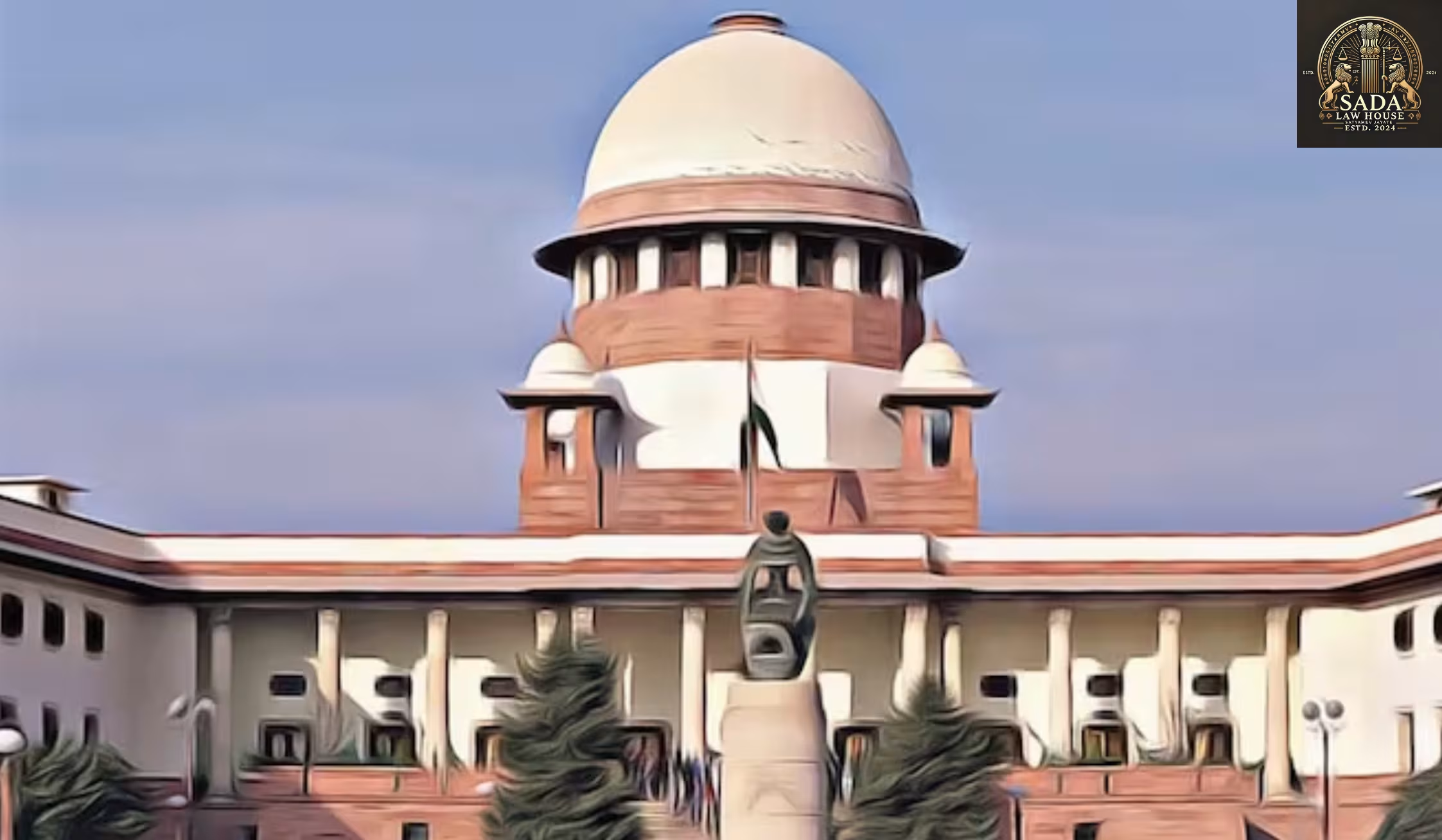Supreme Court to Decide on Consecutive Life Sentences: Landmark Case on Criminal Sentencing in India
- Kashish jahan
- 16 June 2025

The Supreme Court of India is set to examine whether life sentences for multiple murders should run consecutively or concurrently. This key verdict could reshape criminal sentencing, remission, and parole laws in India.
Introduction: A Turning Point in Indian Sentencing Law
On June 13, 2025, the Supreme Court of India agreed to hear a significant petition challenging a judgment by the Punjab and Haryana High Court, which imposed consecutive life sentences on a convict for the double murder of a man and his minor daughter.
This case brings to light a critical question in criminal jurisprudence: Should multiple life imprisonment sentences run concurrently or consecutively?
Key Legal Issue – Consecutive vs. Concurrent Life Sentences
At the heart of the matter is the legal debate surrounding the execution of life sentences when a convict is found guilty of multiple serious crimes. The core issue is:
Can Indian courts order multiple life terms to run one after another to effectively extend imprisonment and restrict parole/remission, or must they be served concurrently?
Impact on Criminal Jurisprudence and Sentencing Norms
Redefining Life Imprisonment in India
The outcome of this case will have a major influence on how life imprisonment in India is defined and implemented. It will clarify:
Whether life terms can be stacked to prolong actual time spent in prison.
How remission, parole, and early release will be calculated in multiple conviction cases.
This case could set a binding precedent for future rulings on sentencing consistency and judicial discretion.
Social and Legal Implications of the Verdict
Depending on how the Supreme Court rules, the judgment could:
Strengthen judicial discretion in denying remission for heinous crimes.
Push for a uniform sentencing framework to avoid discrepancies across jurisdictions.
Influence public perception of justice, fairness, and victim rights in high-profile criminal cases.
What This Means for India’s Legal System
This hearing is more than just a review of a High Court decision—it’s an opportunity for the Supreme Court to address long-standing ambiguities in sentencing law. The ruling will help balance:
The severity of punishment for grave crimes.
The constitutional principles of fairness and rehabilitation.
Conclusion: A Pivotal Supreme Court Ruling Awaits
As India’s top court prepares to deliver its verdict, legal experts, policymakers, and the public await guidance on a fundamental aspect of the Indian criminal justice system. Whether the Court upholds consecutive life sentences or mandates concurrent terms, the decision will leave a lasting mark on the evolution of Indian criminal law.
Case Laws






